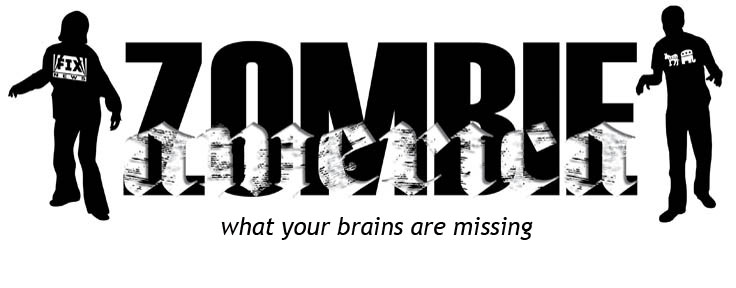The Great Game was a term used for the strategic rivalry and conflict between the British Empire and the Russian Empire for supremacy in Central Asia. The classic Great Game period is generally regarded as running approximately from the Russo-Persian Treaty of 1813 to the Anglo-Russian Convention of 1907. Following the Bolshevik Revolution of 1917 a second, less intensive phase followed.
The term "The Great Game" is usually attributed to Arthur Conolly, an intelligence officer of the British East India Company's Sixth Bengal Light Cavalry. It was introduced into mainstream consciousness by British novelist Rudyard Kipling in his novel Kim (1901).
Source
skip to main |
skip to sidebar
Table of Contents
- Bohemian Grove (1)
- Brainwashing (1)
- Cognitive Dissonance (1)
- COINTELPRO (1)
- Conspiracy Theory (1)
- Council on Foreign Relations (1)
- Dialectic (1)
- Disinformation (1)
- Divide and Conquer (1)
- Doublespeak (1)
- Doublethink (1)
- Esoteric (1)
- Eugenics (1)
- Exoteric (1)
- False Flag (1)
- Federal Reserve Bank (1)
- Free (Freedom) (1)
- Georgia Guidestones (1)
- Groupthink (1)
- Ignoratio Elenchi (1)
- Insurrection Act (1)
- Mind Control (1)
- Nano-Thermite (1)
- New World Order (1)
- Patriot (1)
- Plutocracy (1)
- Posse Comitatus Act (1)
- Problem Reaction Solution (1)
- Project For a New American Century (PNAC) (1)
- Propaganda (1)
- Provocateur (1)
- Psychological Operations (PSYOP) (1)
- RAND (1)
- Skull and Bones (1)
- Stockholm Syndrome (1)
- Straw Man (1)
- Terrorist (1)
- The Art of War (Sun Tzu) (1)
- The Great Game (1)
- Topics Defined (1)
- Trilateral Commission (1)
- Tyranny (1)
- World Government (1)

.jpg)
